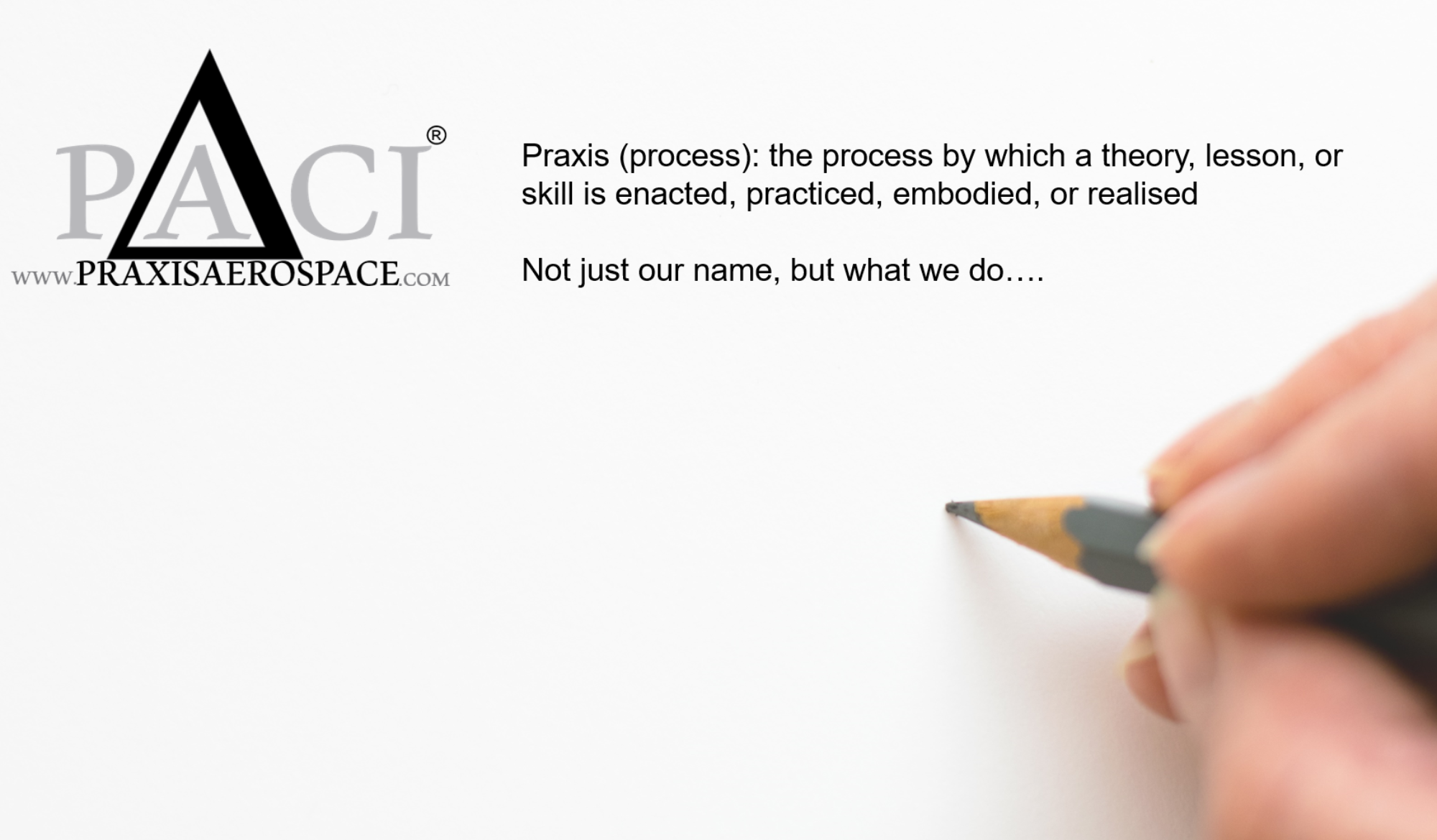The D&R testing is comprised of test hours and cycles fully representative of desired operating state operations. The D&R testing must also include verification of all operational limits and the entire aircraft flight envelope to ensure testing thoroughly encompasses the possible conditions that will be encountered in service.
D&R Test Hour Requirements
| Population density (people per square mile) | Baseline configuration (flight hours) | Reduced probability of injury configuration <30% AIS 3 or greater injury (flight hours) |
| Up to 100 (Rural) | 375 | 150 |
| Up to 3000 | 1100 | 540 |
| Up to 7000 | 2500 | 1300 |
| Up to 10,000 | 3600 | 1800 |
| Up to 14,000 | 5000 | 2500 |
| Up to 20,000 | 7200 | 3600 |
As a rule, the D&R testing must demonstrate safe flight across the entire operational envelope and up to all operational limitations, for all phases of flight and all aircraft configurations.
Applicants will only be certificated to fly within limitations that have been fully demonstrated in test. For example, the D&R testing must encompass the most adverse weather conditions (wind, temperature, density altitude, precipitation, etc.) for which certification is sought.
Environmental conditions should also be considered, such as humidity, sand, dust, salt, particulates or foreign objects that could be ingested such as insects, etc. Additionally, D&R testing should take place in an operationally representative radio frequency and electromagnetic environment to the extent possible.
With 300+ days of flying weather a year, PACI can support Applicants seeking a Determination of Reliability (with third-party oversight) and our affiliated UAS DAR can assist in obtaining operating approval and permission to fly for the needed limitations.
Learn more by reading here

